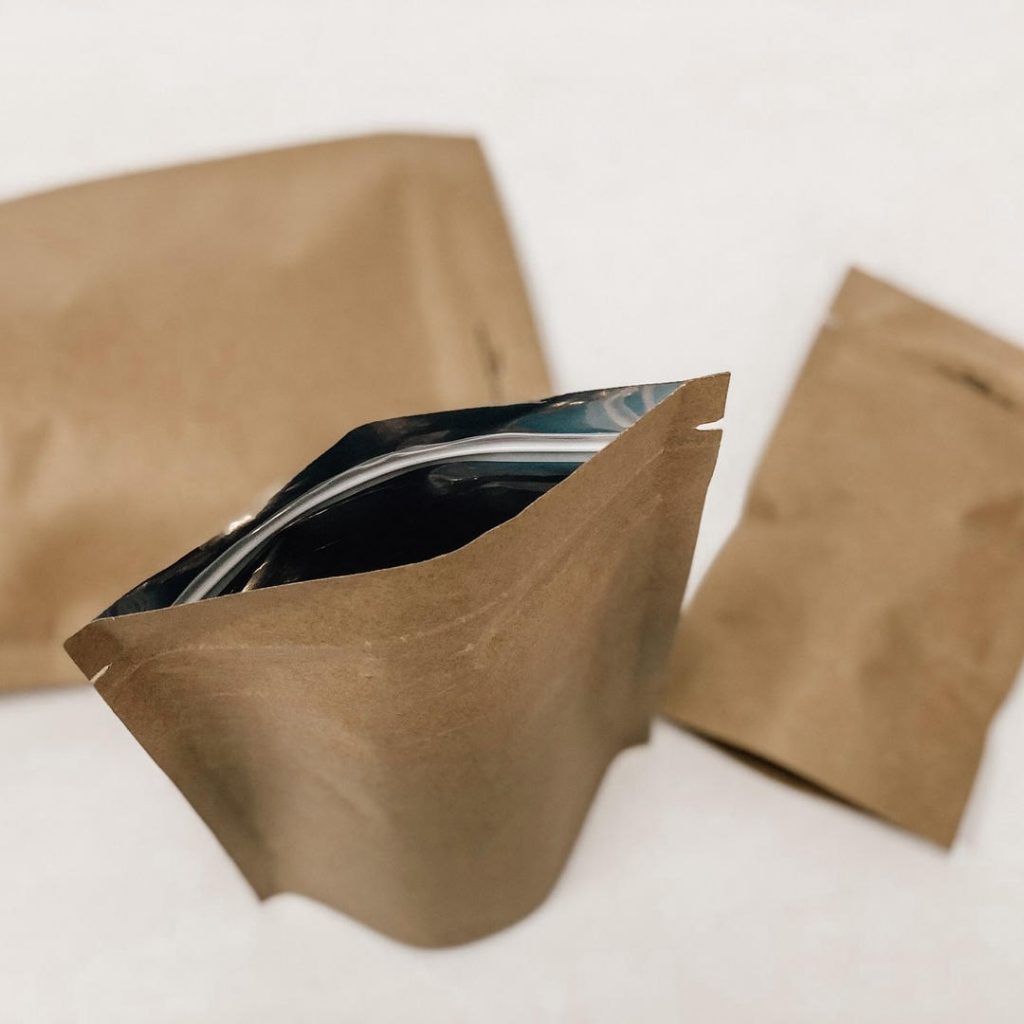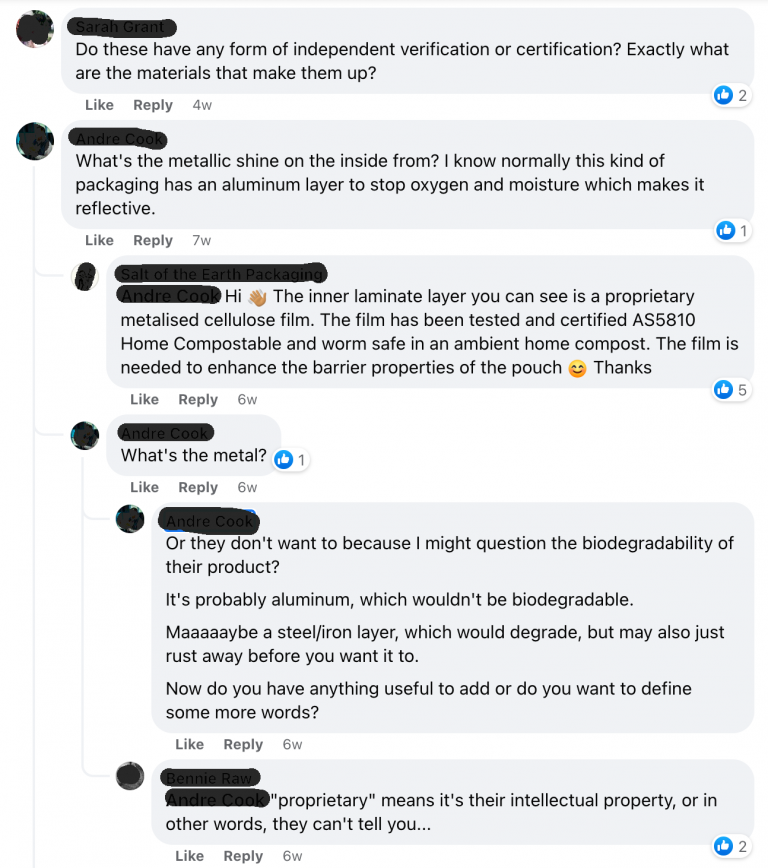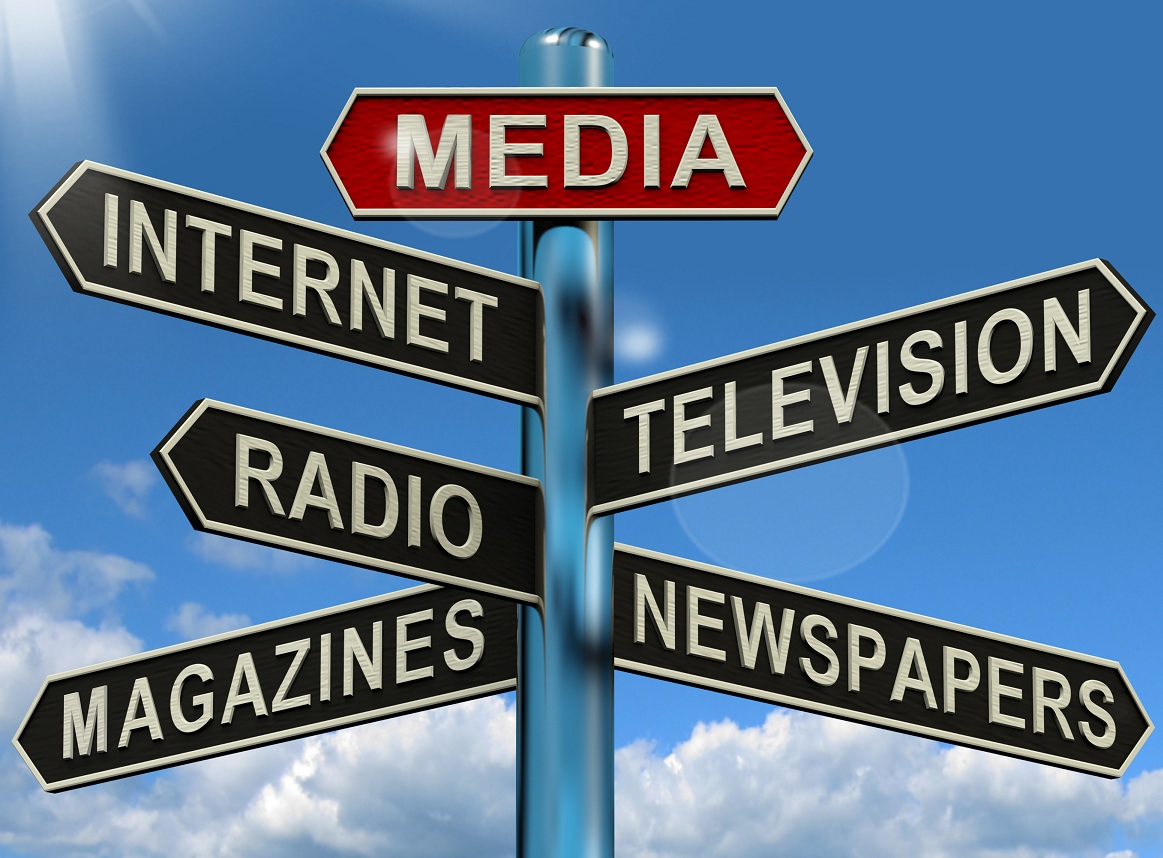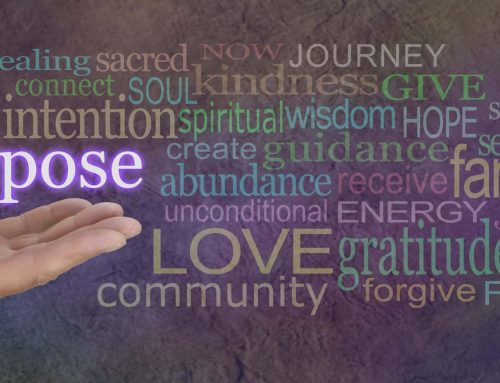
Greenwashing
We care about the planet, and we want to make purchase decisions that contribute to positive changes, both environmentally and socially.
Your intent to do good in the world could see you falling victim to greenwashing. This shady form of communication is growing as more brands and organisation understand how valuable their green credentials are when it comes to marketing themselves or their products.
“Greenwashing’ also known as ‘green sheen’ is a common marketing strategy to make products seem more sustainable than they really are. They use the green credentials to convince you that they are making a positive impact on the environment. They use eco-conscious verbiage to convince you the consumer that their product is more neutral, eco-friendly, ethical or free of toxins compared to their competitors.
Cambridge Dictionary says greenwashing are behaviours and activities to make people believe that a company is doing more to protect the environment that it really is.
The term was first used in the 1980’s in an essay by the environmentalist Jay Westerveld. He criticised the hotel industry’s use of ‘save your towel’ movement which was preying on guest’s interest in environmental issues. This is the greenwashing part. They sold it to their guest that they were saving water when really it was a ploy to cut down on labour costs in the laundry while making minimal difference on water usage.
Greenwashing is the manipulation of the truth to achieve their goal. Greenwashing is a shortcut, rather than really being sustainable they make out there are.
A 2015 Nielson Poll found that two-thirds of consumers where willing to pay more for eco-friendly products. When it comes to making their purchasing decisions, they are willing to pay more for environmentally friendly products. Why, because it makes them feel good.
Now it is important to clarify that not all companies practice greenwashing maliciously. They are just marketing their products for more sales and latch on to whatever is ‘green’, without telling the whole truth. Greenwashing fits into the sustainability category which is why we need to move from sustainability to regeneration.
Volkswagon
One high profile and classic case of green washing was the car giant Volkswagon. They eventually admitted to cheating on emission tests by fitting their vehicles with a ‘defeat’ device – a proprietary software that could detect is an emission test was being administered which produced reduced emissions levels. This allowed them to promote the low-emissions feature of their vehicles. In truth their engines were emitting up to 40X the allowed limit for nitrogen oxide pollutants.

An example of greenwashing and consumers asking the right questions. Notice how the supplier uses the term ‘proprietary’.

Spotting Greenwashing
Greenwashing is insidious. It has been growing in intensity as consumers have become comfortable with greenwashing terms and they have become part of our everyday language. So how can you spot greenwashing.
Lack of Proof
Statements with greenwashing words without sharing certifications or any other evidence. Beware that some of the certifications are greenwashing. Created by industry bodies to create credibility. Check out Netflix’s documentary Seaspiracy.
Symbolic Actions
Brands make actions that seem symbolic like the oil companies donating money to organisations that clean up oil spills. Their actions make very little difference to their overall impact.
Trade Offs
Brands promote a positive action while ignoring its negative impacts. Eg. Introducing organic cotton but where it is sourced uses child labour to harvest it. Another tradeoff is carbon offsetting. Rather than focus on reducing their carbon footprint, they choose to offset it. Sometimes without understanding the negative impacts of offsetting. Check out Greenpeace’s article on carbon offsetting.
Selective Disclosure
Half-truths are not the truth. Highlighting on the good bits while intentionally avoiding mentioning the bad bits is greenwashing. Electric vehicles is one example, prompting its benefits while ignoring the environmentally destructive mining practices involved in producing the lithium battery.
Buzzwords
When statements use buzzwords to bamboozle their consumers they are greenwashing. Buzzwords like new and improved, eco-friendly, ethical, organic, environmentally friendly, recyclable, bio-degradable, non-toxic, proprietary and regenerative. When these words are used without backing them up in a credible way we are being greenwashed.
Skewed Statements
Making statements that leave consumers with an inflated impression of their credentials. Statements like now made with 50% more recycled product when really only increasing the amount from 2-3% of the total garment. While true, it skews the truth. Watch out for all those climate pledges.
Packaging
Images can be powerful and when used the wrong way can contribute to greenwashing. A tissue box with lots of leaves and greenery on the box give the impression that they are environmentally friendly. How brands package their products make an impression, right or wrong. Eg Apple promoting that they were thinking of the environment by reducing e-waste when they decided to not ship earbuds with its iPhone12, when it was to only serve them and reduce their costs.
Takeaway
Green sells and companies are taking advantage of this environmental movement. But it is up to use to discern if it is greenwashing or green marketing. If they live up to their claims, then it is green marketing, then these are the brand and products we need to support. If we can’t find many of these types of brands, at least support brands that are been honest and transparent like Patagonia.
By knowing more about greenwashing and learning to identify the signs, you can make better purchasing decisions and hold these companies accountable. Greenwashing is forcing consumers to do their own due diligence. Pull back the curtain and investigate their claims it will be the only way you will really know if they are greenwashing or not. It will be through our actions that we will be counter the tsunami of greenwashing that is coming our way.





